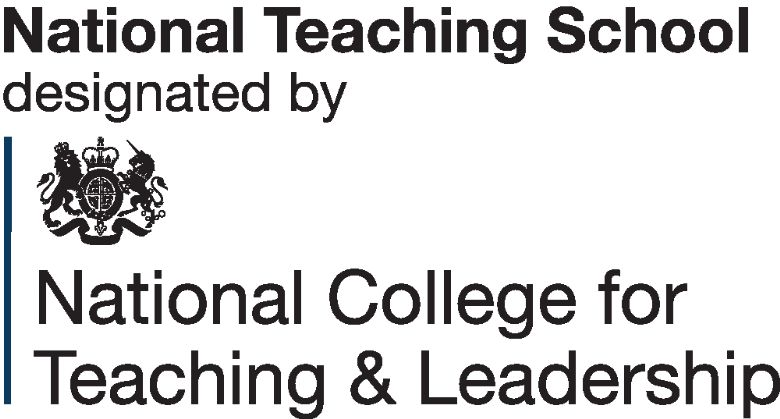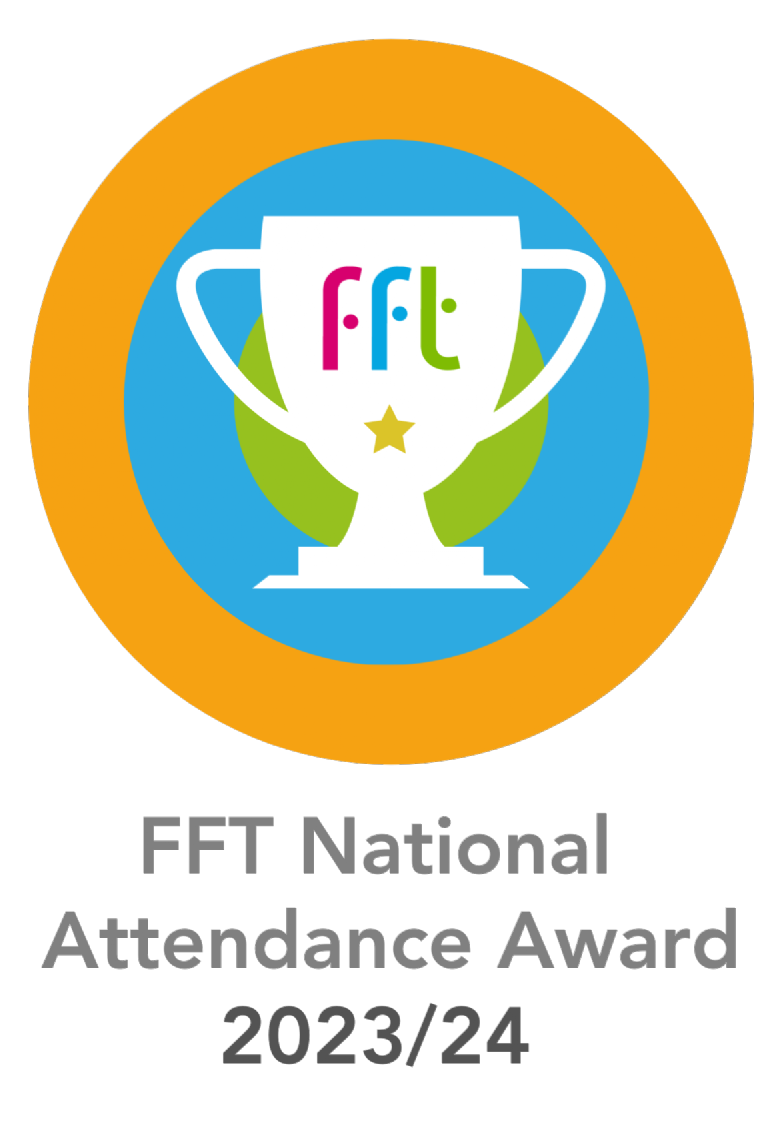Religious Studies
The Importance of Religious Studies
The aim of religious studies is to encourage students to learn from different religions, beliefs, values and traditions while exploring their own beliefs and questions of meaning. It encourages students to develop their sense of identity and belonging and enables them to flourish individually within their community and as citizens within a pluralistic society and global community. Religious studies has an important role in preparing students for adult life, employment and lifelong learning. It enables pupils to develop respect for, and sensitivity to, others, in particular those whose faiths and beliefs are different from their own.
Year 9
Students in Year 9 study a course which is based on the recommendations of the Bedfordshire agreed syllabus for Religious Studies. The skills base they develop of critical thinking and evaluation, aims to prepare the students for the Philosophy, Ethics and Religion GCSE.
Good, bad; right, wrong: how do I decide?
Pupils will investigate how people from a variety of religious and non-religious worldviews solve moral and ethical dilemmas. They will share their own views on some of the moral and ethical concerns of the modern world, such as the use of driverless cars, development of Artificial Intelligence and genetic engineering
What makes us equally human?
 Are we just advanced apes or is there more that makes the human race “human”? students will explore different definitions of a human from philosophers, religious leaders and thinkers. They will then learn about the human rights and how these are upheld and not upheld across the world. Case studies relating to homophobia, Islamophobia and anti-Semitism are explored (amongst others) in the context of the UN Charter of Human Rights and current UK legislation.
Are we just advanced apes or is there more that makes the human race “human”? students will explore different definitions of a human from philosophers, religious leaders and thinkers. They will then learn about the human rights and how these are upheld and not upheld across the world. Case studies relating to homophobia, Islamophobia and anti-Semitism are explored (amongst others) in the context of the UN Charter of Human Rights and current UK legislation.
Prejudice and discrimination: Judaism case study
The Holocaust: Where was God? - Here, more demanding questions are asked, using the Holocaust as a case study. Students will study the response of Jewish and Christian philosophers to questions such as, If God is all-loving and all-powerful where was he for the Jews? How can people of faith continue to believe in God in the face of such evil? How do people respond to suffering? Students are expected to evaluate the concept of forgiveness and consider how different faiths respond to such atrocities. Students will also watch Life is Beautiful and analyse the film.
Christianity and Buddhism: The basics
Students will complete year 9 with an investigation into the basic beliefs and practices associated with Christianity and Buddhism to help those who have opted for the GCSE. This will be accessible and relevant to all and is aimed to improve the religious literacy of students relating to these two major world faiths. Students will also look at “Should happiness be the purpose of life?” from Buddhist, Christian and non-religious perspectives.
Summer Term (second half)
Students will either start their Philosophy, Ethics and Religion GCSE option or their core ethical thinking lessons which will explore issues of religion and morality taken from current local, national and global events.
Years 10 and 11
Philosophy, Ethics and Religion GCSE (option)
Students in year 11 are following the OCR Religious Studies GCSE specification B. ‘Philosophy and Applied Ethics’. In year 10 they are following the new OCR Religious Studies specification which includes a detailed study of 2 religions as 50% of the learning content. This GCSE provides an opportunity for students to build upon the foundation laid by following the Locally Agreed Syllabus in Religious Education (where applicable) and to continue their study of religious values from earlier key stages, although it does not require or assume any prior knowledge in the area of the philosophy of religion and ethics. This specification offers all students equal opportunities to demonstrate their attainment, regardless of gender, religion and ethnic and social background; it is accessible to students of any religious persuasion or none.
There is an enrichment opportunity to visit the memorial at Auschwitz in Poland in year 10.
There are currently 4 classes studying the new GCSE as an option in year 10 and 4 classes following the legacy OCR course in year 11.
Ethical Thinking
Lessons are taught in years 10 and 11 to all students once a fortnight. We aim to encourage students to engage with the big issues affecting them and the world in which they live. This course fulfils the statutory requirements of the Bedfordshire Agreed Syllabus for Religious Education for 14-19 year olds. Topics change regularly to address the issues that are most current.
In Year 10 students study topics such as Moral Absolutes, Abortion, Euthanasia, the Sanctity of Life, Capital Punishment, Charity and Poverty. These topical themes are continued in Year 11 with an exploration of British Values, Religious Britain, Migration, Brexit, Black Lives Matter and New Religious Movements.
These lessons also support the schools aims
To develop both individual and group skills, powers of clear, creative, critical and reflective thinking, and the capacity to make informed and responsible decisions.
To develop a reasoned set of attitudes, values and beliefs, combined with an open-minded and sensitive attitude towards the ideas and view of others.
To encourage an awareness and understanding of the variety of the world‘s beliefs and cultures and of the interdependence of people.
Sixth Form
Students in year 13 are studying the OCR Religious Studies Philosophy and Ethics A2. In year 12 they are following the new OCR Religious Studies A Level. This specification builds on the knowledge, understanding and skills that candidates will have developed through the study of GCSE Religious Studies. It does not, however, assume or require any previous study of the subject. It is designed to support a course of study which is suitable for candidates from any religious background (or none).
In supporting the development of these areas, the specification also makes a significant contribution to enhancing the spiritual, moral, social and cultural education of students.
This is a popular option at Redborne with 19 students studying it in year 12 and 22 in year 13.








